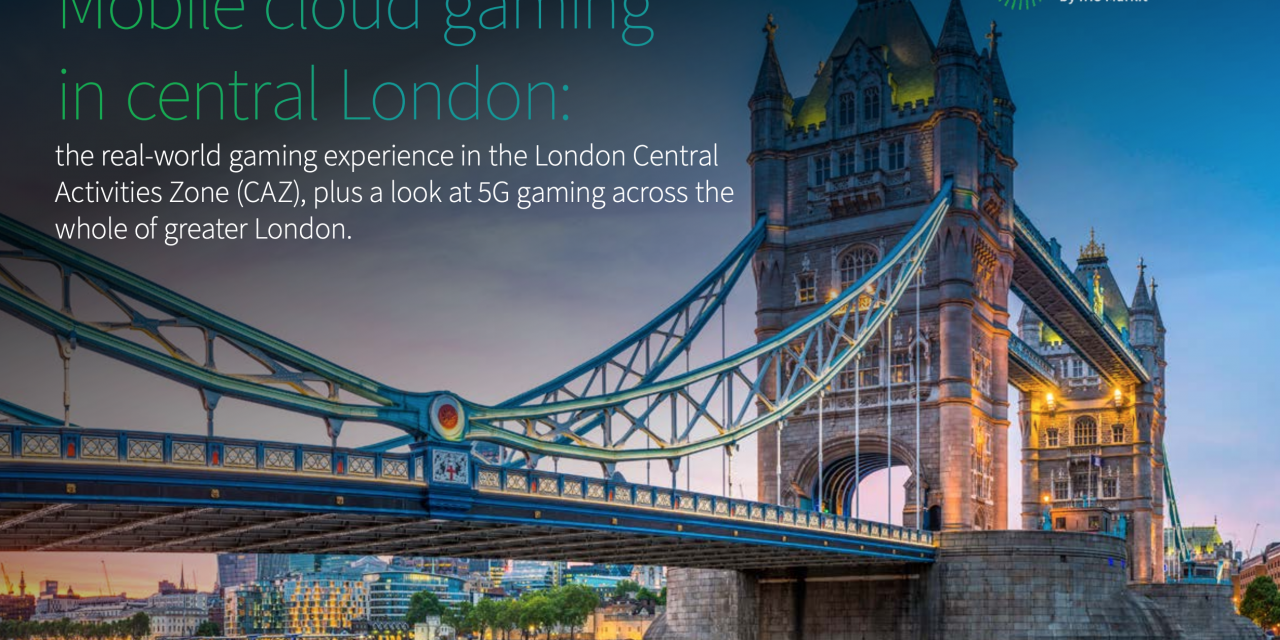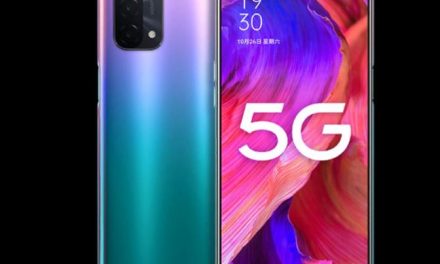With the arrival of 5G, more and more gamers are putting away their consoles and replacing them with cloud-based games that can be enjoyed anywhere and everywhere they go, and on any connected device they choose.
RootMetrics has tested mobile operators in London to review who can deliver a smooth mobile cloud gaming experience for casual games in standard definition and multiplayer online games in high definition.
Key Findings
EE offered by far the most 5G in central London, though 5G availability was generally broad: EE’s 5G availability of 77.5% was incredibly widespread, though both Three (20.0%) and Vodafone (39.6%) had much greater 5G availability in central London compared to that in greater London as a whole (5.2% for both networks).
Impressive 5G speeds in central London: EE and Vodafone were particularly fast in central London, with EE clocking an excellent 5G median download speed of 135.2 Mbps and Vodafone delivering the fastest 5G median download speed in central London at 178.1 Mbps. Three, meanwhile, also impressed with a 5G median download speed of 79.1 Mbps.
Latency was generally low in central London, with Three leading the way: While latency was generally low for all operators in central London on both 4G LTE and 5G, Three registered the lowest 5G latency among all operators at 17.0ms. EE, O2, and Vodafone also offered generally low latency, with all three operators delivering latency well below Microsoft’s recommended 60ms for optimal cloud gaming.
To determine which operators should be able to offer a good gaming experience on any cloud-gaming platform, we looked at whether each operator reached or surpassed Google Stadia’s recommended speed results for casual games in SD and online games in HD on both 4G LTE and 5G, and we compared each operator’s latency to the Microsoft Xbox Game Pass recommend latency benchmark of 60ms or lower for optimal cloud gaming.
Network performance – what does it mean for gamers?
Performance across greater London generally trailed what we found in central London, with much lower 5G availability and generally higher packet loss.
While central London showed clear performance advantages, end-users in the greater London area should still enjoy relatively smooth gaming on 5G in the city, with EE, Three, and Vodafone registering fast 5G speeds, relatively low latency, and strong results on 5G in general. Even better news for Londoners is that the 5G results we recorded in central London could be an indication of stronger 5G results to follow across the rest of the city and beyond.
5G brings promises and potential
The promises of 5G include greater capacity, much faster speeds, and lower latency, among other advantages. Taken together, those benefits should eventually lead to dramatic improvements for cloud gaming on mobile devices, especially when we reach a point where latencies become consistently lower than what we’re seeing today.
The faster speeds of 5G should allow for more advanced and faster video rendering, which would allow gamers to stream more complicated online games on their mobile devices with ease. And when those faster speeds are coupled with ultra-low latencies and reduced packet loss and jitter, the gaming experience on a smartphone or other connected device could be akin to playing a game on a heavy-duty gaming PC or a console.










Recent Comments